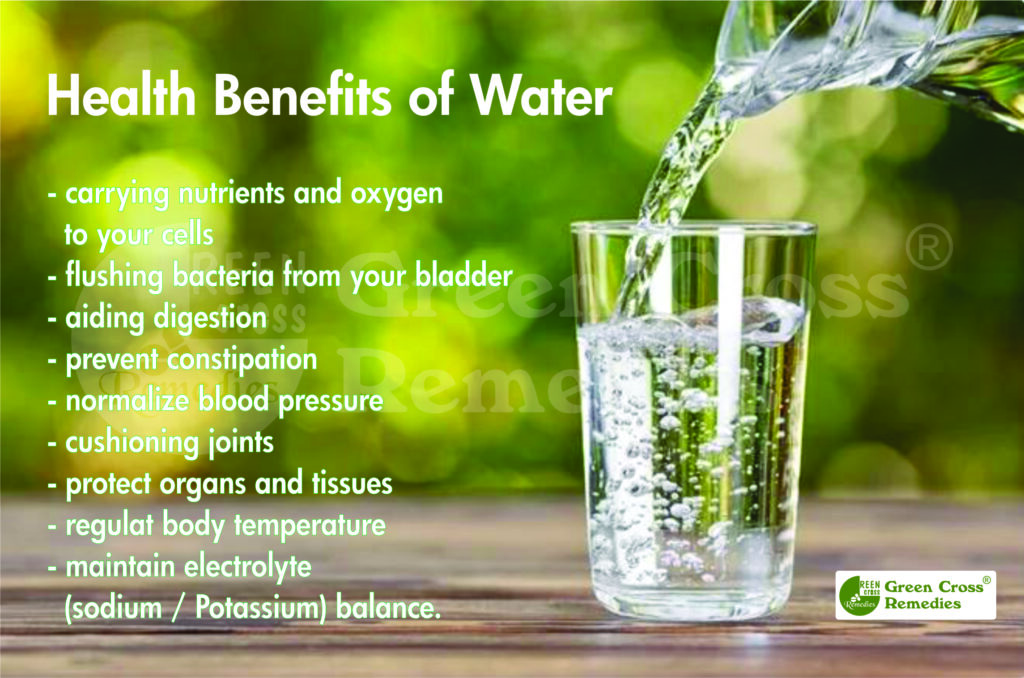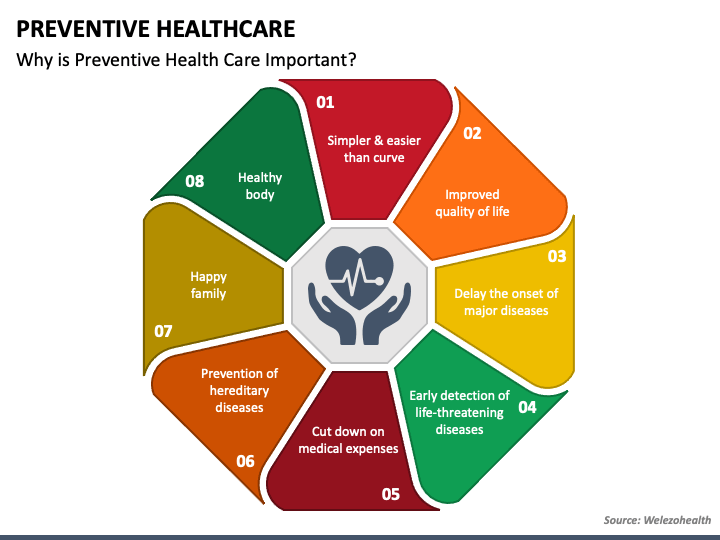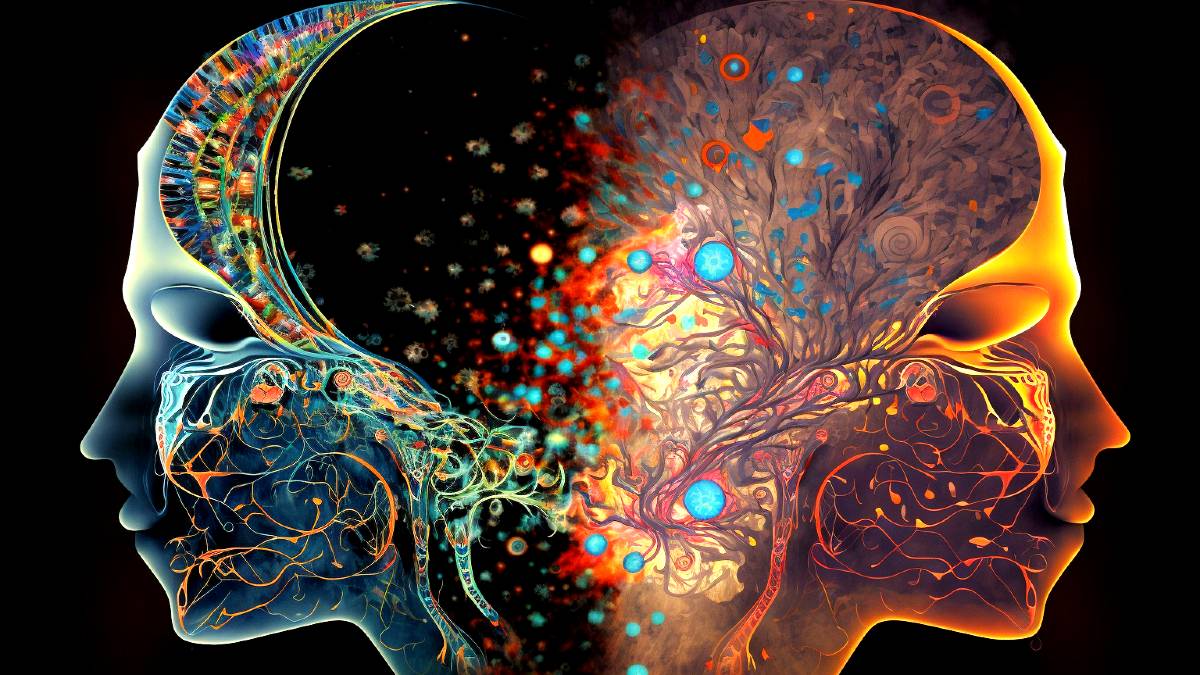Stay Hydrated, Stay Healthy
“`html
The Vital Role of Hydration: Why Water is Your Body’s Best Friend
We hear it all the time – “Drink more water!” But have you ever truly considered *why* hydration is so crucial? It’s far more than just quenching thirst; proper hydration is fundamental to nearly every bodily function, impacting everything from energy levels and cognitive performance to long-term health and disease prevention. This post will delve deep into the importance of hydration, exploring its benefits, signs of dehydration, how much you need, and practical tips for staying adequately hydrated throughout your day.
Why is Hydration So Important? The Science Behind It
Water makes up a significant portion of our bodies – around 55-78%. This isn’t just about feeling refreshed; water participates in countless processes, including:
- Regulating Body Temperature: Water helps maintain a stable internal temperature through sweating. When we get hot, sweat evaporates, cooling the skin and preventing overheating.
- Transporting Nutrients & Oxygen: Water carries nutrients and oxygen to our cells, fueling their function. Think of it as the delivery system for vital supplies!
- Lubricating Joints: Cartilage, the cushioning between joints, is primarily made of water. Adequate hydration keeps this cartilage lubricated, reducing friction and pain.
- Aiding Digestion: Water is essential for breaking down food and moving it through the digestive system. It helps prevent constipation and promotes efficient nutrient absorption.
- Flushing Waste Products: Kidneys use water to filter waste from the blood and excrete them via urine. Proper hydration supports kidney health and prevents buildup of toxins.
- Protecting Organs & Tissues: Water cushions organs, protects tissues, and helps maintain their proper function.
- Cognitive Function: Even mild dehydration can negatively impact cognitive performance, affecting concentration, memory, and mood.
Recognizing the Signs of Dehydration
Sometimes we don’t realize we’re dehydrated until symptoms become noticeable. It’s crucial to recognize early warning signs so you can take action before things worsen.
- Thirst: This is your body’s initial signal that it needs more fluids, but don’t wait until you feel thirsty to drink! You may already be mildly dehydrated by this point.
- Dark Urine: Healthy urine should be pale yellow or almost clear. Darker urine indicates concentrated waste and suggests dehydration.
- Infrequent Urination: If you’re not urinating as often as usual, it could be a sign of insufficient fluid intake.
- Dry Mouth & Throat: A dry feeling in your mouth or throat is an obvious indicator of dehydration.
- Headache: Dehydration can trigger headaches due to reduced blood flow and electrolyte imbalances.
- Dizziness or Lightheadedness: Low blood volume caused by dehydration can lead to dizziness, especially when standing up quickly.
- Fatigue & Weakness: Feeling tired and weak is a common symptom of dehydration as your body struggles to function efficiently without adequate fluids.
- Muscle Cramps: Electrolyte imbalances due to dehydration can contribute to muscle cramps.
How Much Water Do You Really Need?
The “8 glasses a day” rule is a good starting point, but individual hydration needs vary based on several factors:
- Activity Level: More active individuals, especially those who exercise intensely or work in hot environments, require more fluids to replace what’s lost through sweat.
- Climate: Hot and humid weather increases fluid loss, necessitating higher water intake.
- Body Size & Weight: Larger individuals generally need more water than smaller ones.
- Health Conditions: Certain medical conditions, like kidney disease or heart failure, may require specific hydration recommendations from a healthcare professional.
- Diet: Foods with high water content (fruits and vegetables) can contribute to your daily fluid intake.
A general guideline is to aim for around 0.5 to 1 ounce of water per pound of body weight each day. For example, a 150-pound person would need approximately 75-150 ounces of fluids daily. However, listen to your body and adjust accordingly.

Tips & Tricks for Staying Hydrated
Making hydration a habit doesn’t have to be difficult! Here are some practical tips:
- Carry a Water Bottle: Having water readily available is the simplest way to encourage frequent sipping.
- Set Reminders: Use your phone or an app to set reminders throughout the day to drink water.
- Infuse Your Water: If you find plain water boring, add slices of fruit (lemon, cucumber, berries), herbs (mint, basil), or a splash of juice for flavor.
- Drink Before You’re Thirsty: Don’t wait until you feel thirsty to drink! Proactive hydration is key.
- Eat Water-Rich Foods: Incorporate fruits and vegetables with high water content into your diet, such as watermelon, cucumbers, lettuce, and spinach.
- Drink Water Before, During, and After Exercise: Replenish fluids lost through sweat during physical activity.
- Consider Electrolyte Drinks (Sparingly): During intense exercise or in hot weather, electrolyte drinks can help replace electrolytes lost through sweat, but be mindful of added sugars. Water is usually sufficient for most people.
- Limit Sugary Drinks: Sodas and sugary juices don’t count towards your hydration goals and can actually contribute to dehydration due to their diuretic effect (causing increased urination).
Beyond Water: Other Hydrating Beverages
While water is the best choice for hydration, other beverages can also contribute:
- Herbal Tea: Unsweetened herbal teas are a great way to stay hydrated and enjoy additional health benefits.
- Coconut Water: A natural source of electrolytes, coconut water can be beneficial after exercise.
- Fruit-Infused Water: As mentioned before, adding fruit to your water not only makes it more palatable but also provides some nutrients.
Conclusion: Prioritize Your Hydration
Hydration is a cornerstone of good health and well-being. By understanding the importance of water, recognizing signs of dehydration, knowing your individual needs, and implementing practical hydration strategies, you can unlock numerous benefits for your body and mind. Make hydration a priority – your body will thank you!
“`



